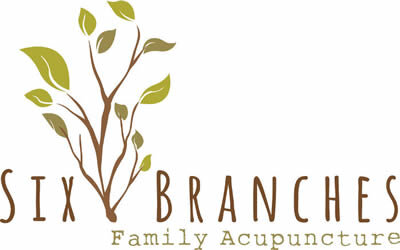Everybody wants to ask about Qi, but even more fundamental to acupuncture and TCM theory is the spectrum of Yin and Yang. TCM's idea of balance in the body is based on the concept of Yin and Yang. Acupuncture and Traditional Chinese Medical theory was developed by people who paid very close attention to nature and the world around them. They observed that everything on Earth has both Yin and Yang aspects and they saw the human body as a
You've probably heard of these two words, or at least seen a Tai Ji symbol like this one. Yin and Yang are two ends of a spectrum, not separate entities. Everything Yin contains a little bit of Yang and everything Yang contains a little bit of Yin.They always exist in relation to each other. Let's get a better understanding of these two concepts:
Yin is on one side of the spectrum, representing the substantial, material aspects of the world, while Yang is at the other end, representing the insubstantial, functional aspects of the world.
So for example, cold temperatures, which make matter solid, are Yin, while hot temperatures, which melt solids and evaporate liquids are Yang. In nature, water is a Yin substance, while wind is Yang. Within the reality of water, though, there are some yang manifestations of water (whitewater rapids, ocean waves) and some yin types of water (ice, stagnant marsh water).
Within the body, Yang is the physiological function while Yin is the anatomy and substance of the body. Some examples of Yin substances are blood, organ tissue, body fluids, or waste products, while Yang aspects are Qi, organ function, breath, or body heat. Think of sweating as an example. The actual sweat is a Yin substance, while the body's ability of the pores to open and close is the Yang aspect.
Disruption in the balance of Yin and Yang in the body is the beginning point for poor health and disease. You may develop a certain ache or pain out of the blue. You might just 'not feel right' or feel 'out of sorts'. Western doctors may tell you all your tests are normal, but you know something is off. You might be sleeping more or feeling colder or hotter all the time, or you've seen a change in your appetite or thirst. Imbalances may have been around for a while already by the time you actually notice symptoms of a disease. Determining these imbalances is the first thing an acupuncturist will do when you see them.







